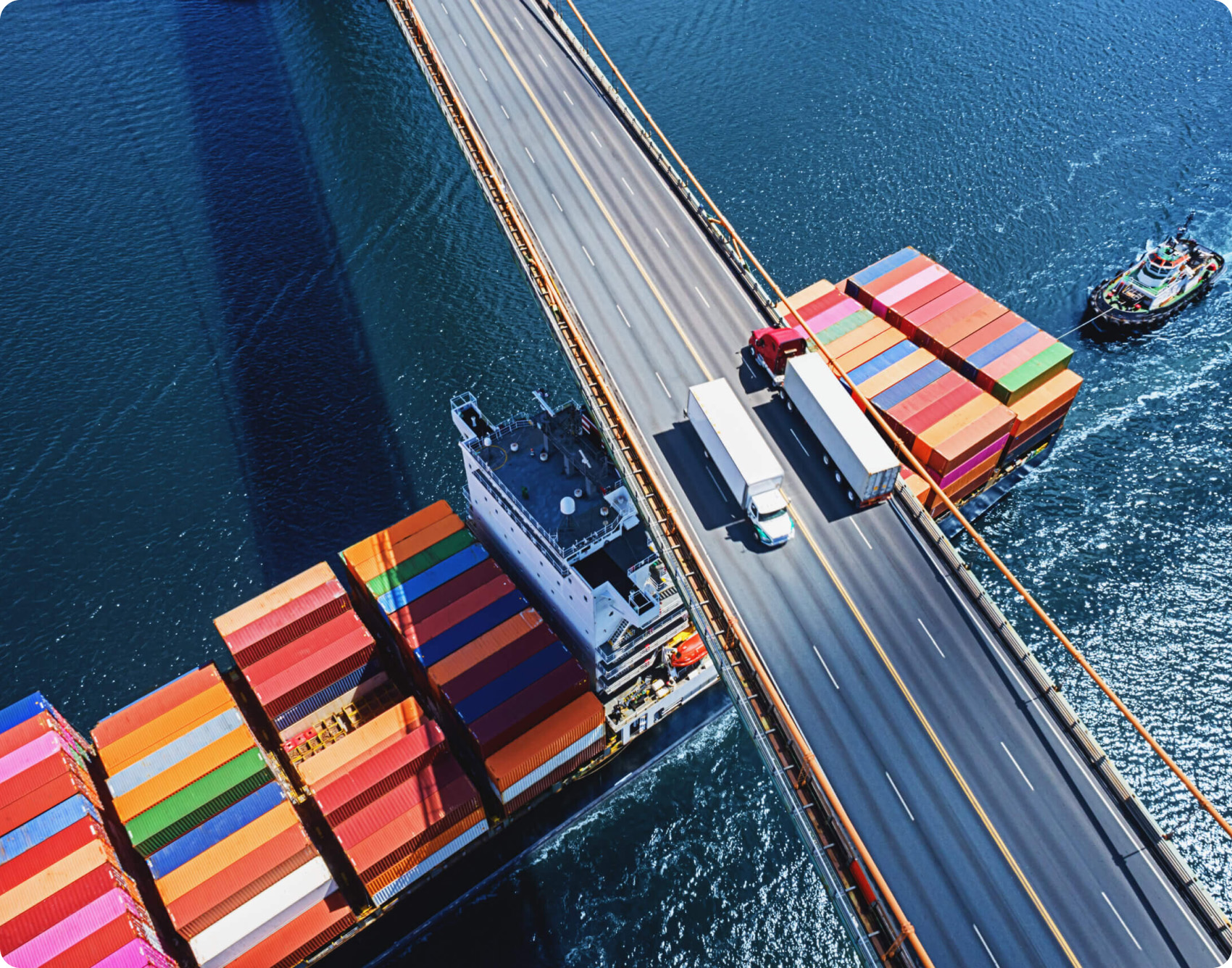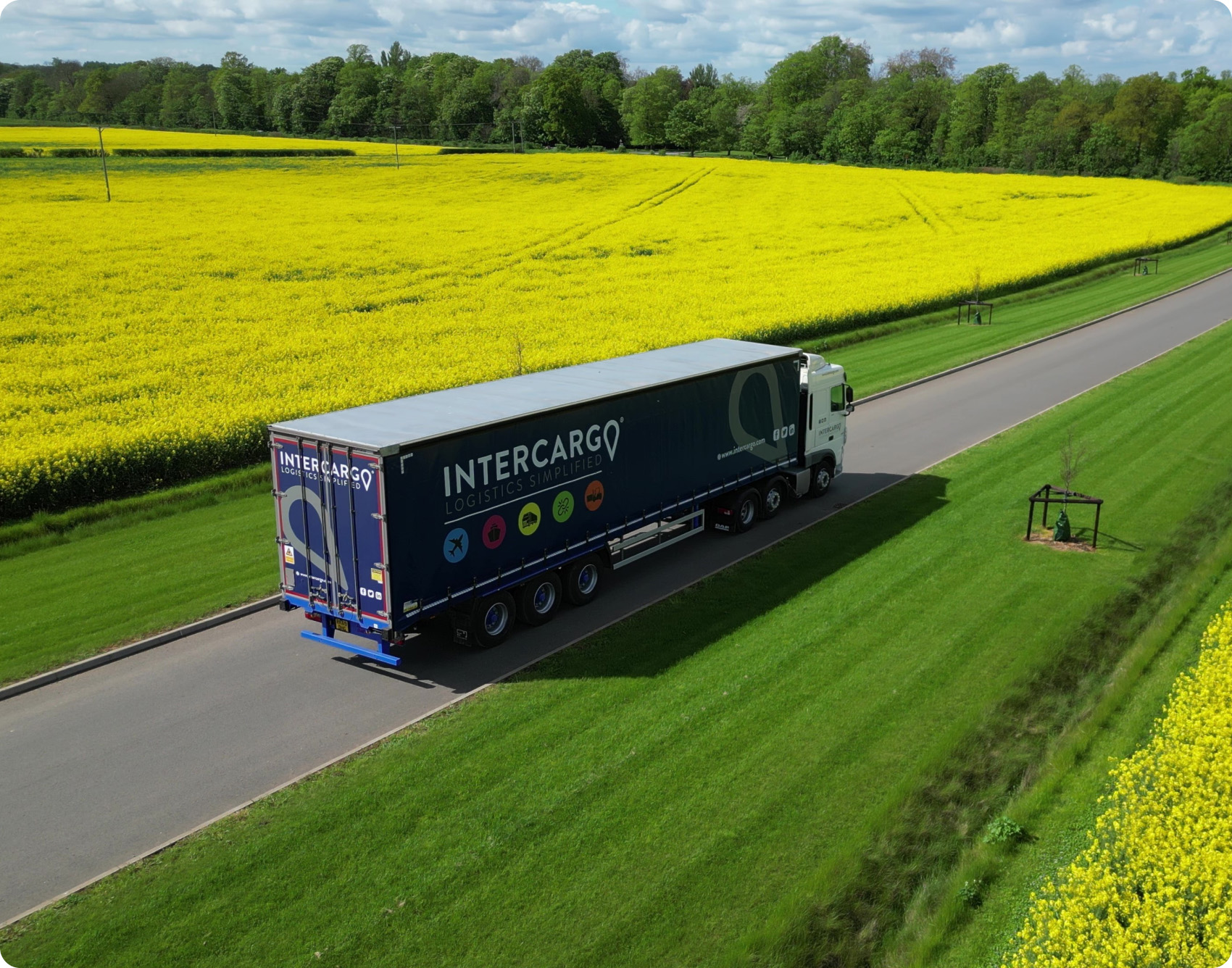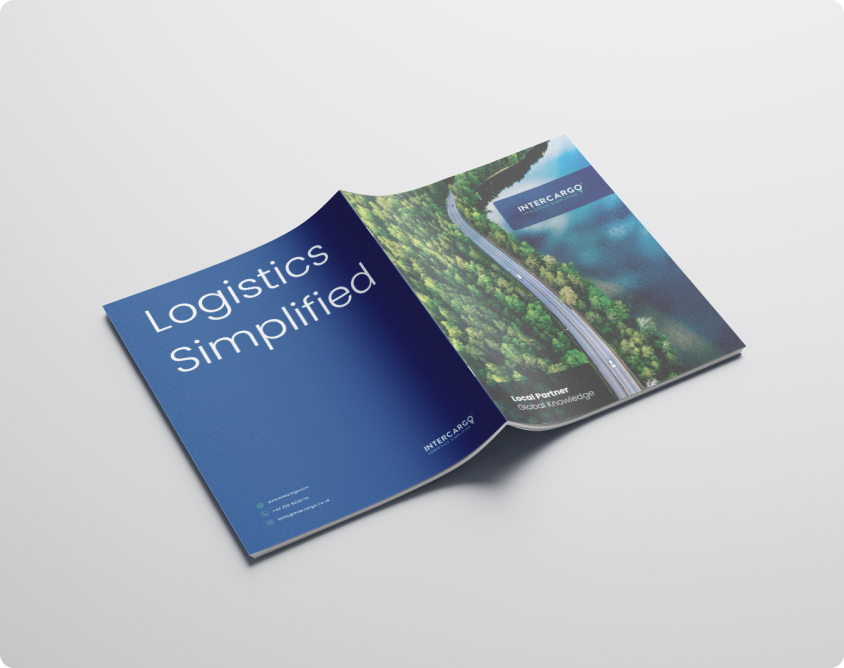Discover your all-in-one digital freight platform
Escape the chaos of calls, faxes, and endless emails. Step into a connected world where suppliers, shippers, customs, ports, and more unite on a single platform for seamless, contextual collaboration
Being an IATA accredited agent we have access to over 121 airlines, this includes scheduled freighters and passenger aircrafts.
With our LCL service, you can ship as little or as much as you like, weekly consoles are our business and get you yours.
We provide comprehensive road freight services, covering both Less-Than-Truckload (LTL) and Full-Truckload (FTL) options.
To meet your requirements we have access to vehicles of all sizes from small vans to artic with 24/7 availability and live tracking.
Escape the chaos of calls, faxes, and endless emails. Step into a connected world where suppliers, shippers, customs, ports, and more unite on a single platform for seamless, contextual collaboration
Our solutions are tailored to fit your business and its unique workflows, offering real-time order tracking from placement to delivery. Stay informed with up-to-date order statuses, track progress, and receive timely notifications for key milestones, whether shipping by air, sea, or road.

For packages requiring urgent delivery that can be achieved by road to destinations in the UK or mainland Europe, you can rely on Intercargo to deliver direct in the fastest time possible.

Get to know more about values, knowledge and experience, quickly download our company profile.


Amazon to add JAX to network
Amazon Air plans to establish an air cargo facility at Jacksonville International Airport (JAX). Amazon has signed a lease with the Jacksonville Aviation Authority (JAA) for an Amazon Air air cargo facility at Jacksonville International Airport (JAX). Operations are anticipated to begin in the fourth quarter of this year, said JAA. Amazon plans to use the facility, known as Air Cargo Building Four, for air cargo storage and processing. The facility comprises 50,000 sq ft of warehouse and distribution space on approximately 4.7 acres. Amazon will occupy the entire building once improvements are carried out. JAA chief executive Mark VanLoh said: "Amazon is one of the largest employers in Jacksonville, with several of their sort facilities on or near our four airports. This is the next evolution of their growth in Northeast Florida." This location represents Amazon's first air cargo location in Northeast Florida and will further grow and support its current logistics and distribution network in Jacksonville. Amazon Air is now heavily focused on the US market following its scaling back of European services in 2023. The company marked a turning point in its operations in 2024 when it launched services for third parties through its Amazon Air Cargo business.
Source: aircargonews.net
Read more
Emirates SkyCargo adds scheduled Liege freighter flights
Carrier deploys 777Fs on pharma and e-commerce routes after sustained ad hoc demand from Belgian cargo hub drives scheduled service launch Emirates SkyCargo has expanded its European freighter network with the addition of scheduled flights to Liege. The new service will operate five times per week using one of the airline's Boeing 777 freighter aircraft. Three of the flights will connect Liege with Chicago's O'Hare International Airport and Al Maktoum International Airport in Dubai to transport critical, temperature-sensitive pharmaceuticals. The other two flights will originate in Hong Kong and carry e-Commerce shipments to and through Liege. The carrier said it had decided to launch the scheduled operation after seeing sustained demand for its ad hoc flights to the Belgian cargo specialist airport. The goods carried on the ad hoc flights included fresh-cut flowers and e-commerce packages, as well as dedicated charters for horses travelling to global competitions. Emirates SkyCargo vice president of cargo commercial for Europe said: "In 2025, we moved more than 15,000 tonnes of cargo from Belgium, across freighters and bellyhold capacity on our double daily passenger flights to Brussels, and we anticipate significant growth with the deployment of five weekly freighters. "Liege Airport's freighter-first operations, world-class infrastructure and well-connected logistics ecosystem enables us to better serve Belgium and its neighbouring countries and deliver consistently high service levels for our customers." Emirates SkyCargo said that Europe is one of its busiest regions with operations extending to 38 freighter and 538 passenger flights every week. The new service comes shortly after the airline confirmed plans to expand its freighter fleet by 10 aircraft this year. The airline's freighter fleet currently stands at 11 Boeing 777Fs and five wet-leased Boeing 747s. By the end of the year, it plans to operate at least 21 777 freighters.
Source: aircargonews.net
Read more
Kuehne+Nagel to expand air cargo presence at Fraport
Forwarder targets healthcare, semiconductor and high-tech sectors with new facility featuring 16 gates and DGNB gold environmental certification Kuehne+Nagel (K+N) will expand its presence at Frankfurt Airport as it looks to better serve its air cargo customers in the healthcare, semiconductor, high tech and cloud infrastructure sectors. The forwarder has signed a lease deal with airport operator Fraport for a new 7,600 sq m facility in the airport's CargoCity South area, which will bring its total presence at the zone to more than 20,000 sq m. Fraport will oversee the construction of the new warehouse, which will remain part of its building inventory. "The facility marks a strategic investment in Kuehne+Nagel's global air logistics network with the aim to strengthen air cargo connectivity across key international trade lanes," the company said in a press release. "It supports efficient cargo movements between the terminal and aircraft parking areas, reduces aircraft turnaround time for handling, and enables seamless transfers across Kuehne+Nagel's operations." Completion and handover are set for the end of 2028. The layout features 16 gates and truck docks for efficient, scalable operations. It aims to improve logistics efficiency and boost flexibility to meet evolving customer and market needs. It is situated right next to the airport access gate Tor 31. It has been awarded a German Sustainable Building Council (DGNB) gold standard certification for environmental standards. The facility has LED lighting, heat pumps, EV charging stations, and smart metering. A large photovoltaic system will also be installed on the roof to generate renewable energy for the airport grid. Martin Schaefer, senior vice president air logistics, Germany, at K+N, said: "Frankfurt is a key global gateway in the Kuehne+Nagel air logistics network. As supply chains become more dynamic, our new cargo facility provides the infrastructure, capacity, and connectivity needed to support our growth ambitions and keep goods moving. "This enables us to better serve customers in fast-growing sectors like healthcare, semiconductor, high tech, and cloud infrastructure." The new facility is a key component of Fraport's strategy to grow in the air cargo market. As part of this strategy, Fraport has developed its CargoHub masterplan, aimed at further strengthening the location over the coming years. The masterplan comprises three key initiatives: space optimisation, space development, and digitalisation and process innovation. "Through these measures, Fraport is working to sustainably develop the FRA cargo hub to meet growing demand," the airport said. "This will ensure that partners and customers in Frankfurt continue to benefit from optimal growth conditions - including high connectivity, modern infrastructure, and efficient processes."
Source: aircargonews.net
Read more

This website uses cookies and similar technologies, (hereafter “technologies”), which enable us, for example, to determine how frequently our internet pages are visited, the number of visitors, to configure our offers for maximum convenience and efficiency and to support our marketing efforts. These technologies incorporate data transfers to third-party providers based in countries without an adequate level of data protection (e. g. United States). For further information, including the processing of data by third-party providers and the possibility of revoking your consent at any time, please see your settings under “Consent Preferences” and our